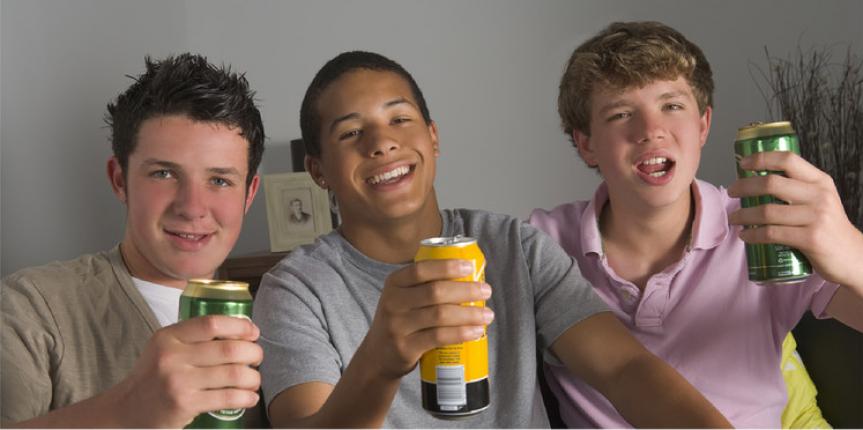Why You Should Never Provide Alcohol to a Minor
As the holiday season is in full swing, it may become a very welcoming idea to share holiday drinks with with your child. There are several reasons why providing alcohol to a minor is not a bright idea. The drinking age is 21 for a reason.
According to the National Institutes of Health, “young people react differently to alcohol. Teens get drunk twice as fast as adults, but have more trouble knowing when to stop.” During 2009, an estimated 23 traffic fatalities and 862 nonfatal traffic injuries were attributed to driving after underage drinking.

There is a 40 percent likelihood of becoming an alcoholic for those who drink alcohol regularly before age 15 rather than a 7 percent chance for those who begin drinking at age 21. Many people believe that they can teach their children how to drink alcohol responsibly by giving them small amounts. However, there is evidence to contrary. When teens feel they have their parents’ approval to drink, they do it more and more often when they are not with their parents. When parents have concrete, enforced rules about alcohol, young people binge drink less.






